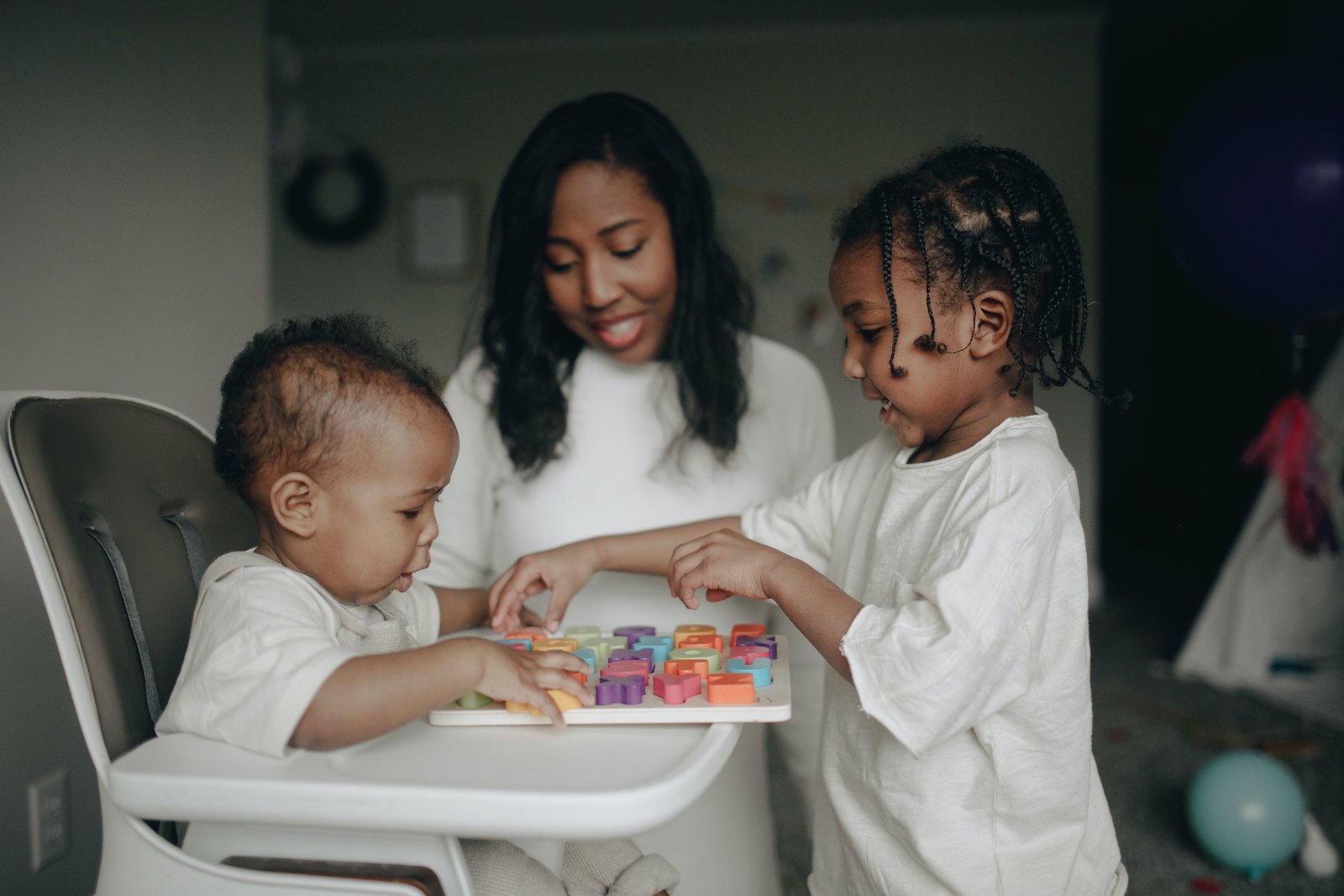The Power of Play: How Playtime Enhances Child Development

Play is more than just a fun way for children to spend their time—it’s a vital aspect of their growth and development. In this article, we’ll explore how playtime is crucial in enhancing a child’s physical, cognitive, social, and emotional development.
Cognitive Development
Play is the vehicle through which children explore the world around them. Whether building with blocks, solving puzzles, or engaging in imaginative role-play, they’re actively learning problem-solving, spatial awareness, and critical thinking skills.
Language Skills
Playtime often involves communication, whether it’s between peers, siblings, or parents. Engaging in conversations during play helps children expand their vocabulary, improve their language structure, and enhance their ability to express themselves.
Social Interaction
Children engaging in group play learn important social skills such as cooperation, negotiation, and sharing. Play allows them to practice empathy, understand others’ perspectives, and build friendships.
Emotional Development
Play offers a safe space for children to explore and express their emotions. Through play, they can act out scenarios, process fears, and develop emotional resilience. Dolls, action figures, or even puppets can become vehicles for emotional expression.
Motor Skills
Physical play, such as climbing, running, and playing with toys, helps develop both gross and fine motor skills. These activities improve coordination, balance, and muscle strength, setting the foundation for healthy physical development.
Imagination and Creativity
Unstructured playtime encourages children to tap into their imagination and creativity. Whether they’re creating fantastical stories, building structures, or engaging in make-believe scenarios, play fosters creative thinking and innovation.
Problem-Solving Abilities
Play often presents challenges that children need to overcome. Whether it’s constructing a tower or figuring out the rules of a new game, these challenges encourage them to develop problem-solving strategies and build resilience in the face of setbacks.
Cultural Understanding
Through play, children often mimic the behaviours they observe in their surroundings. This helps them understand cultural norms, societal roles, and traditions, contributing to their overall cultural literacy.
Confidence Building
When children engage in play, they can make choices and take risks. Successfully navigating these choices and challenges builds their confidence, self-esteem, and a sense of accomplishment.
Family Bonding
Playtime provides a unique opportunity for parents and caregivers to connect with children. Engaging in play strengthens familial bonds, fosters open communication, and creates lasting memories.
Conclusion
Playtime isn’t just about keeping kids entertained; it’s a critical element of their holistic development. Through play, children build cognitive, social, emotional, and physical skills as the foundation for lifelong learning and growth. Encouraging a balance between structured and unstructured playtime can lead to well-rounded and confident individuals.






